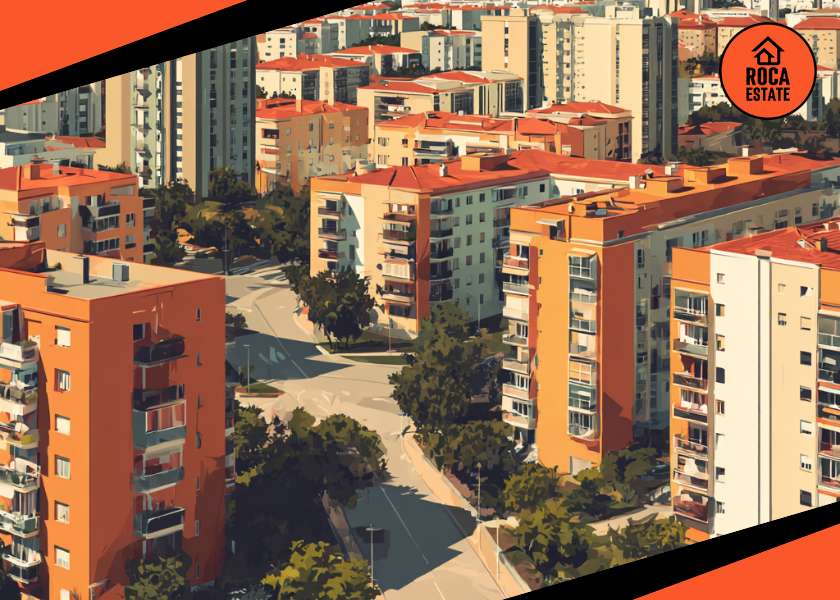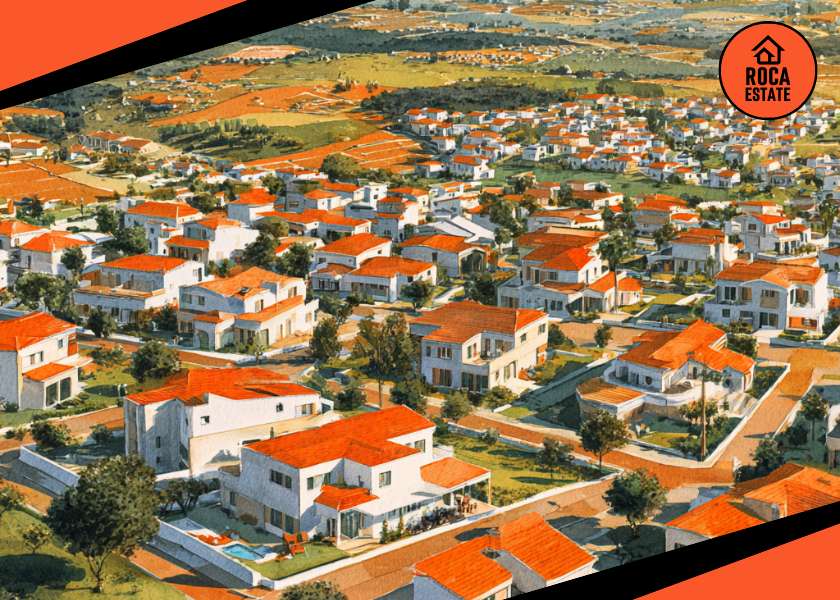The latest Portugal real estate investment 2025 outlook is shaped by strong domestic travel growth, signaling renewed confidence in the country’s consumer and hospitality sectors. According to the latest data from INE (Instituto Nacional de Estatística), resident travel in Portugal increased 22.1% year-on-year in the second quarter of 2025, following a solid 16% expansion in Q1. This consistent rise highlights a broader recovery trend that extends beyond seasonal effects like Easter’s timing.
For investors seeking to invest in tourism real estate in Portugal, these findings provide critical insights into market demand and behavioral shifts. The steady rebound in leisure travel, coupled with rising hotel occupancy and shorter, more frequent stays, underscores growing opportunities across commercial and hospitality assets. Together, these signals point to a maturing tourism-driven economy that continues to anchor real estate performance heading into 2026.
Key Insights from Q2 2025 Data
- 6 million total trips were made by residents, with 5 million (83.7%) within national borders.
- Outbound travel also rose by 21.9%, nearing 1 million trips, marking the continued normalization of international mobility.
- Leisure and holidays led motivations (49.8%), followed by visits to family or friends (36.5%).
- Hotel stays reached 30.7% of total overnight stays, while private free accommodation (second homes, family properties) remained dominant at 52.7%.
- Average trip duration eased to 3.35 nights, down from 3.52 in Q2 2024 — suggesting shorter, more frequent domestic breaks.
- 25.6% of residents made at least one trip this quarter, a 3.7-point rise year-on-year, signaling a broad-based travel recovery.
Investor Implications for Portugal’s Commercial Real Estate
1. Domestic demand anchors market stability
The data confirms that local tourism continues to be the backbone of Portugal’s travel economy. For the Portugal real estate investment 2025 landscape, this reinforces the strategic value of mid-range hospitality and mixed-use developments in regions like Alentejo, Centro, and the North — areas that benefit from weekend and short-stay mobility.
2. Shorter trips, higher operational turnover
As the duration of stays decreases, operators face higher turnover rates and service intensity. Real estate investors should focus on tech-enabled hospitality assets that leverage automation, digital check-ins, and scalable operations. Efficient management will be a defining factor for yield optimization in 2025 and beyond.
3. Accommodation trends reveal a maturing market
Despite the prevalence of unpaid lodging, hotel and serviced apartment demand continues to rise, particularly for leisure and business travel. This shift supports institutional-grade hospitality investments, especially as short-term rental regulation tightens in Lisbon and Porto. Investors positioned in compliant, professionally managed assets stand to gain.
4. Digital travel planning sustains momentum
Roughly 30% of trips were organized online, and 67% of international trips used digital planning tools. This reflects an increasingly digitally literate traveler base — a key opportunity for operators integrating online marketing, CRM platforms, and loyalty programs into their business models.
Strategic Outlook: What to Watch in Late 2025
- Organic growth test in Q3 and Q4: With Easter’s impact now behind, upcoming data will reveal whether domestic travel growth is structural or seasonal.
- Regional demand shifts: Expect Lisbon and Porto to stabilize while coastal and interior markets absorb more domestic traffic.
- Yield management pressure: Capital inflows may tighten cap rates. Investors should pursue value-add strategies and hybrid models (e.g., hotel + co-living).
- Policy and regulation: Ongoing restrictions on short-term rentals may redirect capital toward licensed hospitality and long-stay investments.
Conclusion: Navigating Portugal Real Estate Investment 2025
The Q2 2025 tourism data reinforces Portugal’s position as a resilient and evolving real estate market. Rising domestic mobility, strong leisure demand, and digital engagement trends create a foundation for growth — but also call for operational discipline.
For investors focused on Portugal real estate investment 2025, success will depend on risk-managed diversification, tech-driven efficiency, and adaptive asset strategies. As domestic tourism strengthens, the smartest capital will focus not just on growth, but on how efficiently that growth converts into yield across Portugal’s commercial real estate landscape.
Ready to take the next step?
If you’re looking to invest in tourism real estate in Portugal, Roca Estate provides expert guidance and access to high-performing commercial and hospitality assets across the country. Explore tailored investment opportunities with data-backed insights and local market expertise.




































































































